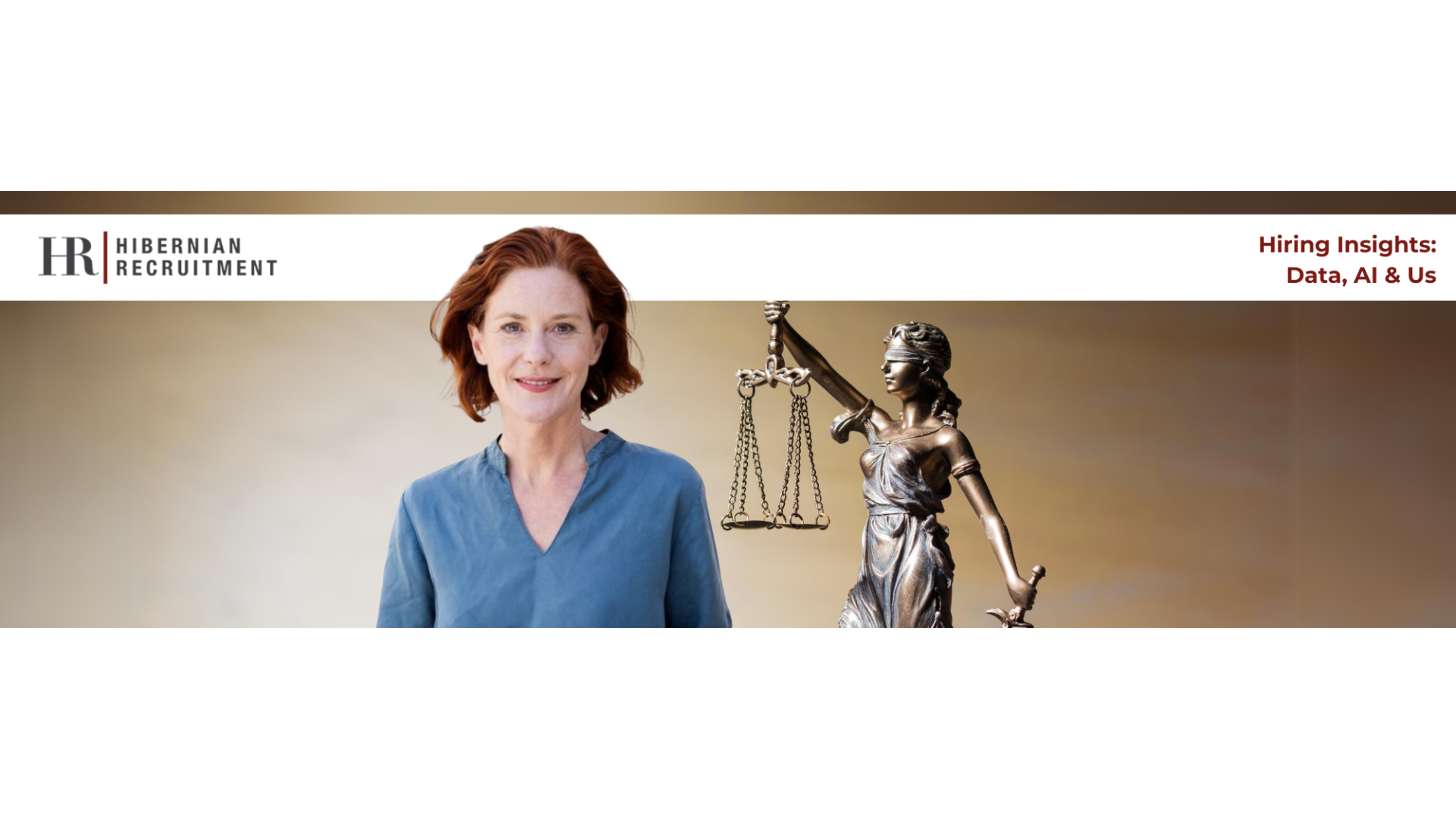
🤖💡Hiring the Future: 5 Fixes for your AI Ethics framework 🌟
Welcome back to the next issue of Hiring Insights: Data, AI & Us where I’ll be focusing on how we can hire for better AI ethics. As artificial intelligence reshapes how we work – as developers and users of technology – and how we play – as consumers and creators – we need to increase our awareness of the risks and ethical dilemmas that come with it.
Understanding the Stakes
Implementing AI can bring great benefits, like streamlining operations and pushing automation to new heights. Yet, no technology comes without its challenges. The ethical concerns I’ve been following for years are now front and center, drawing attention from big companies, governments, and global entities alike. The issues include data privacy, unintentional biases, and the need for clear, understandable AI processes among others.
For businesses, the stakes include potential damage to your reputation, lost of customers, and legal impact that can follow missteps. One way to mitigate risk is to have a well-thought-out ethical strategy. Ideally we want our organizations to built of people who will make ethical decisions on their own. That starts with how we hire talent.
Ethical AI Principles

Laying the Foundations
In a way artificial intelligence isn’t unlike other new technologies, where rapid implementation and proliferation at all levels of society has led to seeing many potential flaws and risks. But what makes AI different, is that we have been discussing the consequences of its arrival for years. While discussions about the risks of social media only began happening after we were already feeling its effects, the field of AI ethics emerged long before ChatGPT entered our everyday work streams.

But with great tech comes great responsibility, especially when it comes to AI ethics and risks. Establishing a solid ethical framework involves raising awareness, educating your team, and devising real-world solutions. Here are some changes that I recommend to make immediate improvements to your framework.
5 Improvements for an Ethics-Aware Hiring & Talent Strategy
- In Job Descriptions: Highlight the importance of ethical understanding and skills for navigating AI’s complexities.
- In Interviews: Employ scenario-based queries and ethical dilemmas to gauge decision-making.
- In Learning & Growth: Point out the opportunities for ongoing learning in AI ethics and how it ties to advancing one’s career.
- In Culture & Dialogue: Share your ethics charter openly and encourage candid conversations about ethical matters.
- In Your Hiring Panel: Select a diverse panel; a range of perspectives is key to evaluating candidates‘ ethical awareness thoroughly.
Looking Ahead
Like the technology, the field of AI ethics is always evolving. There’s a wealth of knowledge from academia, government, and the corporate world at our disposal and practical approaches and frameworks are within reach to mitigate the risks of AI. For those exploring existing frameworks and toolkits for ethical AI, a valuable and comprehensive resource is the Ethical AI Frameworks, Guidelines, Toolkits | AI Ethicist
Here are additional resources for building an AI Framework:
- Ethics of Artificial Intelligence | UNESCO
- The global landscape of AI ethics guidelines | Nature
- AI Ethics Guidelines by the European Commission
- IEEE Standards Association (IEEE SA) – The Ethics Certification Program for Autonomous and Intelligent Systems (ECPAIS)
- Future of Life Institute: A non-profit organization to ensure technologies benefit all of humanity.
- The Alan Turing Institute: The UK’s national institute for data science and artificial intelligence.
- AI Now Institute: studying the social implications of artificial intelligence.
- Harvard’s Berkman Klein Center for Internet & Society
As we move forward, understanding and managing these risks is a must. Embracing AI’s full potential calls for a comprehensive strategy to navigate the ethical landscape shaping our future. If you’d like support or just have questions about hiring for better ethics, send a request on our contact form or send me a DM in LinkedIn and let’s talk soon!

